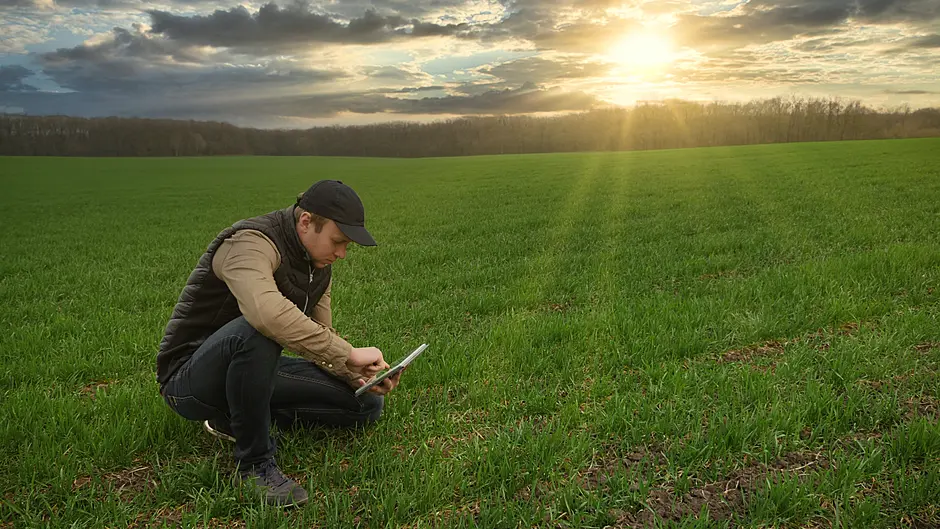THERE is no doubt that 2021 has been a very challenging year on all crops so far. In a year where we had one of the wettest Februaries and one of the driest Aprils, and not to forget almost eight weeks of harsh cold east winds, there are bound to be consequences.
Overall yield potential in most crops this year is reasonably good but the harsh weather has left some exceptions.
Firstly looking at winter barley at the time of writing, I would expect harvesting to start in the next two to three weeks in the Kinsale area with the BYDV tolerant variety Joyau being most advanced and nearing harvest.
This variety has been a talking point amongst many in the industry as it is the first commercial variety with a tolerance to BYDV (Barley Yellow Dwarf Virus) to come to the field, It will be very interesting to track its performance this harvest as it may prove a very effective tool in the IPM toolbox when trying to control BYDV which we know has become very challenging.
A very common occurrence in winter barley crops this year is the presence of blank grain sites or ‘blind grains’ in the heads. This can happen during the plants flowering process when grain sites are not fertilised due to stress that the plant may be under which can include weather, poor nutrition or deficiencies and scorch from previous chemical applications. Reports of blind grains are varying with some growers reporting up to half of the ear effected particularly in the variety JB Valerie, the impact on yield will not be known until harvest.
Wet and cold weather in May has left its mark on spring barley crops also. Heavier land and compacted parts of fields have struggled to recover and as a result are thin and patchy in comparison with the better areas of the field.
Disease and weed control was compromised due to lack of spraying opportunities. Disease levels were relatively high, particularly rhynchosporium in RGT planet and gangway.
Many growers and agronomists have reported poor weed control in spring barley this year, with many reporting unsatisfactory control of chickweed. There are a few reasons why weed control may be poorer this year relative to previous seasons. Cold conditions in April resulting in poor growth in weeds and poor uptake of herbicides, lack of spraying opportunities due to wet weather in May resulted in late herbicide application on large weeds and resistance. Most spring barley crops have eared out at this stage and are now flowering.
In most crops the spraying/agronomy season is now complete.
Crops are now entering the stage of the season where grain fill has started and little if anything can be done to help this. As a result many crops will not be seen again until the combine rolls in. However, this is a critically important time in the future management of individual fields as many problems can often only now reveal themselves. Most grass weed species will only now start heading out and the extent of the distribution in fields will only now become visible for all to see. Bromes are already now starting to show up in winter barley and wheat crops, other problems like wild oats, canary grass and blackgrass will also start to reveal themselves in the coming days and weeks. Therefore it is incumbent on all growers to walk all of their own crops to see the level of infestation of the within each individual field.
Where possible grass weeds should be hand rogued to prevent seed return for next season, preventing seed return to the soil is a key IPM measure in getting on top of troublesome weeds. Where manual rogueing is not an option then a management strategy which includes both cultural and chemical control needs to be put in place on the farm, we have already seen that relying on chemical control alone is not the answer to grass weed problems as we have resistant populations of various grass weeds in parts of the country.
Correct identification of grass weeds is key for any management strategy, if you are having trouble identifying a certain grass weed species that is causing a problem please do not hesitate to contact me on 087 6624485
• Michael McCarthy is a business and technology tillage advisor based at the Teagasc office in Clonakilty. He also facilitates the West Cork tillage discussion group.









